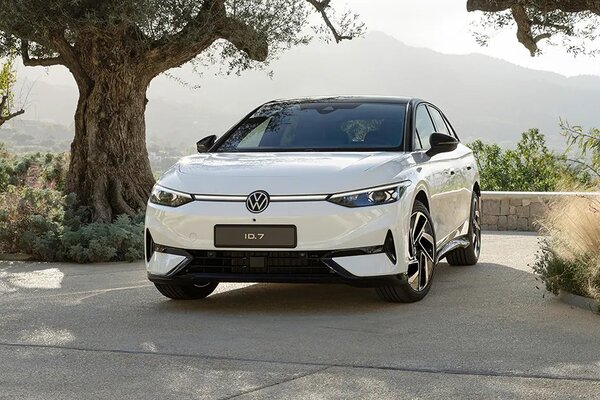Tesla Model 3, Model Y's keyless entry system can be compromised, shows hacker
- A cybersecurity researcher noted that tinkering with Tesla’s keyless entry system relies on Bluetooth Low Energy (BLE) protocol.
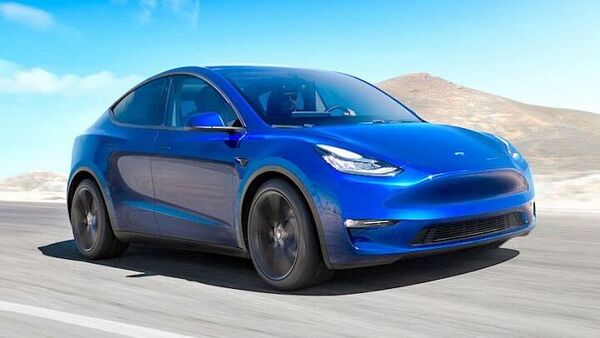

While Tesla's keyless entry system may be one of its most convenient features, it also has a loophole. A cybersecurity researcher has demonstrated to Bloomberg how the technology can be compromised, allowing thieves to unlock and drive off with certain models of electric vehicles from Tesla. According to Sultan Qasim Khan, principal security consultant at security firm NCC Group, hackers can redirect communications between a car owner’s mobile phone, or key fob, and the car, especially in case of Tesla Model 3 and Model Y.
Outsiders can fool the keyless entry system into thinking the owner is located physically near the vehicle. Khan, however, clarified that the hack is not specific to Tesla but he demonstrated the hack on one Tesla's car models. He stated that the result of his tinkering with Tesla’s keyless entry system relies on Bluetooth Low Energy (BLE) protocol.
Also check these Cars
Also Read : Tesla puts India entry plan on hold after deadlock on EV tariffs: Sources
However, there is no evidence that thieves have actually used the hack to improperly access Tesla vehicles. The researcher further noted that to fix the issue, the carmaker would need to alter its hardware and change its keyless entry system. The revelation comes after another security researcher, David Colombo, revealed a way of hijacking some functions on Tesla vehicles, such as opening and closing doors and controlling music volume.
During the demonstration to Bloomberg, Khan conducted a so-called relay attack, in which a hacker uses two small hardware devices that forward communications. To unlock the car, he placed one relay device within roughly 15 yards of the Tesla owner’s smartphone or key fob and a second, plugged into his laptop, near to the car.
The technology utilized custom computer code that Khan had designed for Bluetooth development kits, which are sold online for less than $50. The hardware needed, in addition to the custom software, costs roughly $100, and can also be easily bought online.
(with inputs from Bloomberg)







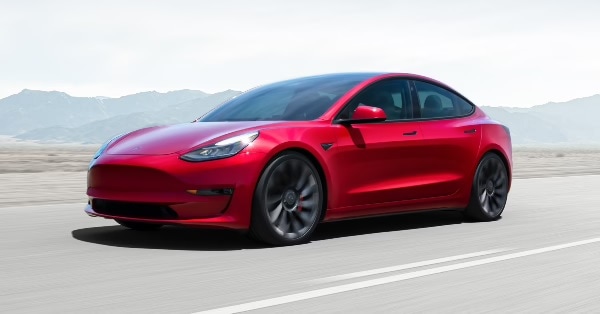
 82kWh
82kWh 555 km
555 km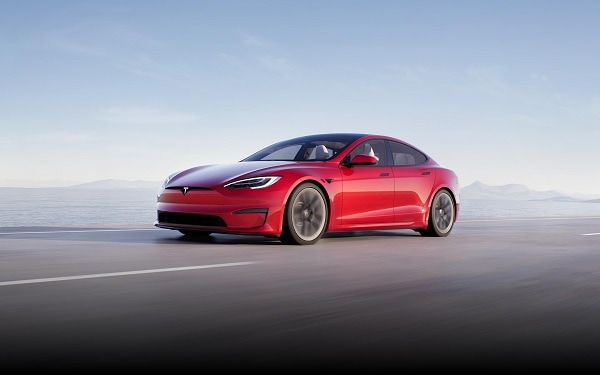
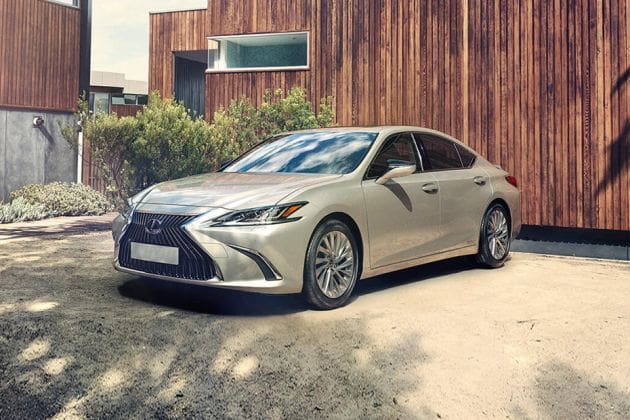
 2487.0 cc
2487.0 cc Multiple
Multiple
